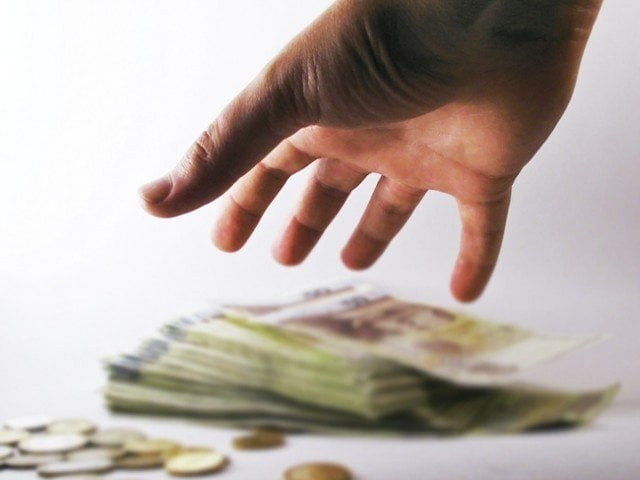Here's how much Pakistanis pay in Zakat each year
Zakat requires Muslims to donate 2.5% of their savings annually to those in need if they meet a wealth threshold.

Pakistanis are paying more than £1.7 billion ($2.19 billion) in zakat annually, with the vast majority of recipients being women, according to a study released this week by researchers from the UK-based International Center for Tax and Development (ICTD) and Lahore University of Management Sciences.
Zakat is a form of obligatory almsgiving in Islam and one of its five central pillars. It requires Muslims who meet a certain wealth threshold to donate a fixed portion, usually 2.5 percent of their savings and assets annually, to those in need.
The findings of the study are based on a 2024 survey of 7,500 Sunni Pakistanis, shedding new light on the scale and social role of zakat, according to a post shared on the ICTD website.
“In a newly published factsheet, we estimate that self-identified Sunnis in Pakistan pay over Rs619 billion (GBP 1.7 billion) in zakat annually,” the study’s authors wrote. “In 2024, the average zakat giver paid about Rs15,000 (about GBP 43) with over 50 million Pakistanis contributing.”
“Our data suggests that every year, more money is distributed to people in need in Pakistan through zakat than through the largest state-led cash transfer program, the Benazir Income Support Programme,” they added.
Pakistan’s Benazir Income Support Programme (BISP) has a 2024/2025 budget of Rs598.7 billion ($2.16 billion), while zakat contributions, largely unregulated and directly disbursed by individuals, exceed that amount.
The federal excise duty and even official development aid received by Pakistan in recent years fall short of annual zakat totals, according to the study.
The research also reveals that Pakistan’s official zakat fund, established in the 1980s for compulsory collection and disbursed through state-appointed councils, plays a negligible role.
“Most Pakistanis prefer to bypass the state fund, unsurprising in a context where individuals have low trust in the government,” the authors said. “The national state fund collects only a fiftieth of what we estimate to be contributed annually, while survey respondents overwhelmingly noted that they prefer to manage their own zakat giving. In our survey, we find that less than 2 percent of zakat givers are going through the state fund.”
The study said most zakat is given directly to individuals, or via mosques, schools, and, to a lesser extent, NGOs, bypassing formal state channels.
More than half of the survey respondents reported giving zakat exclusively to female recipients, with a particular preference for widows, who were perceived as especially economically vulnerable.
The study highlights that private religious giving is filling critical welfare gaps in Pakistan, particularly for marginalized groups, in the absence of robust state social protection systems.





















COMMENTS
Comments are moderated and generally will be posted if they are on-topic and not abusive.
For more information, please see our Comments FAQ